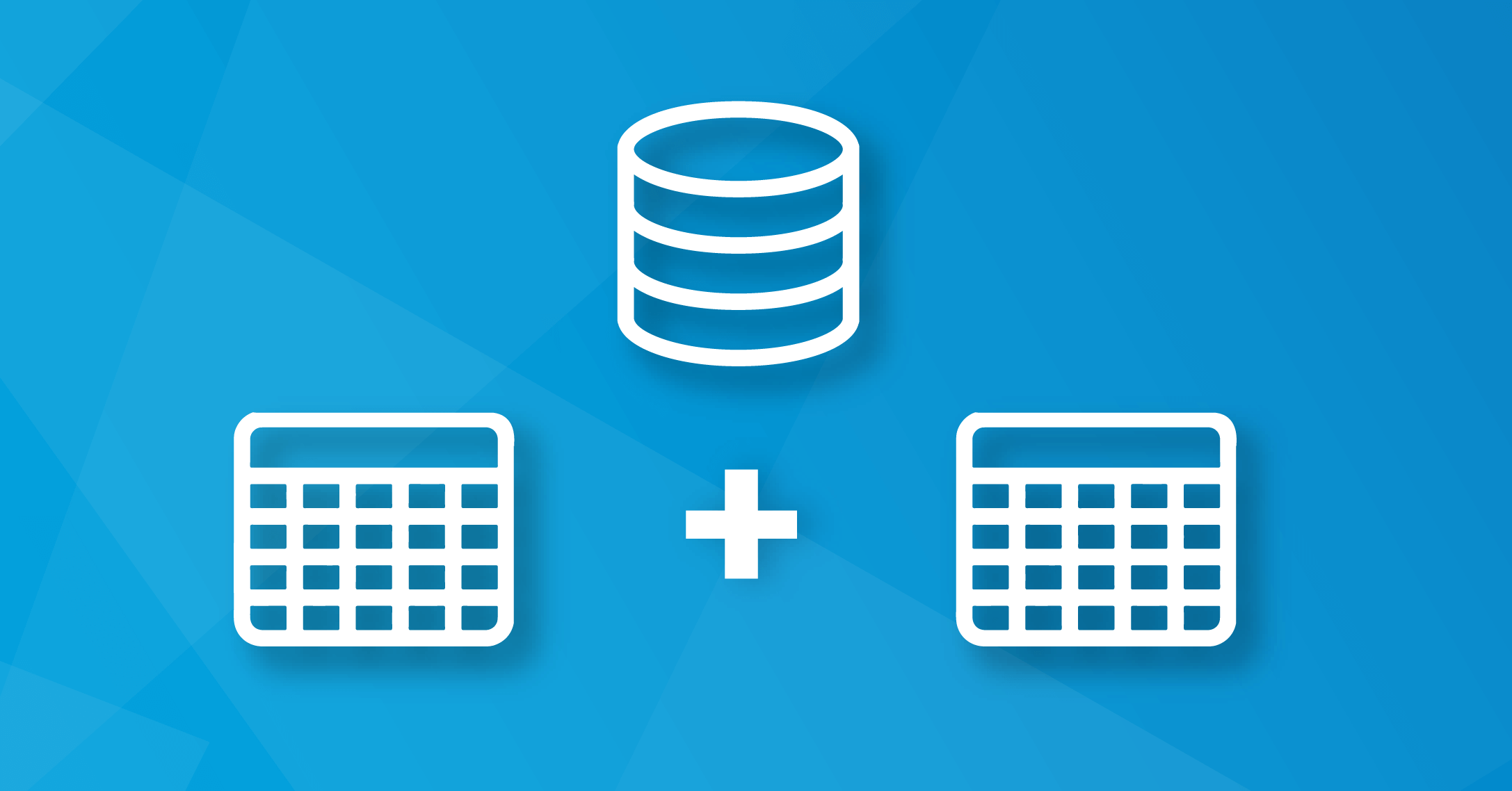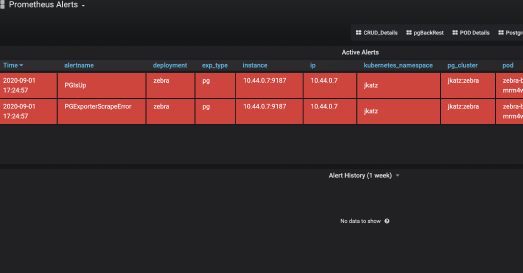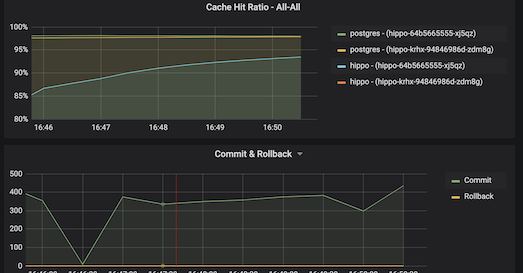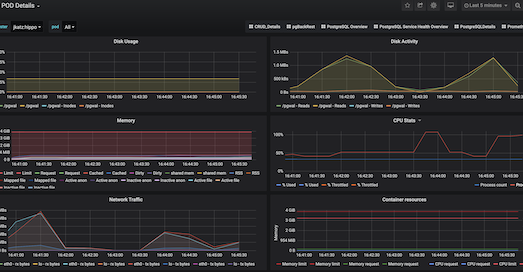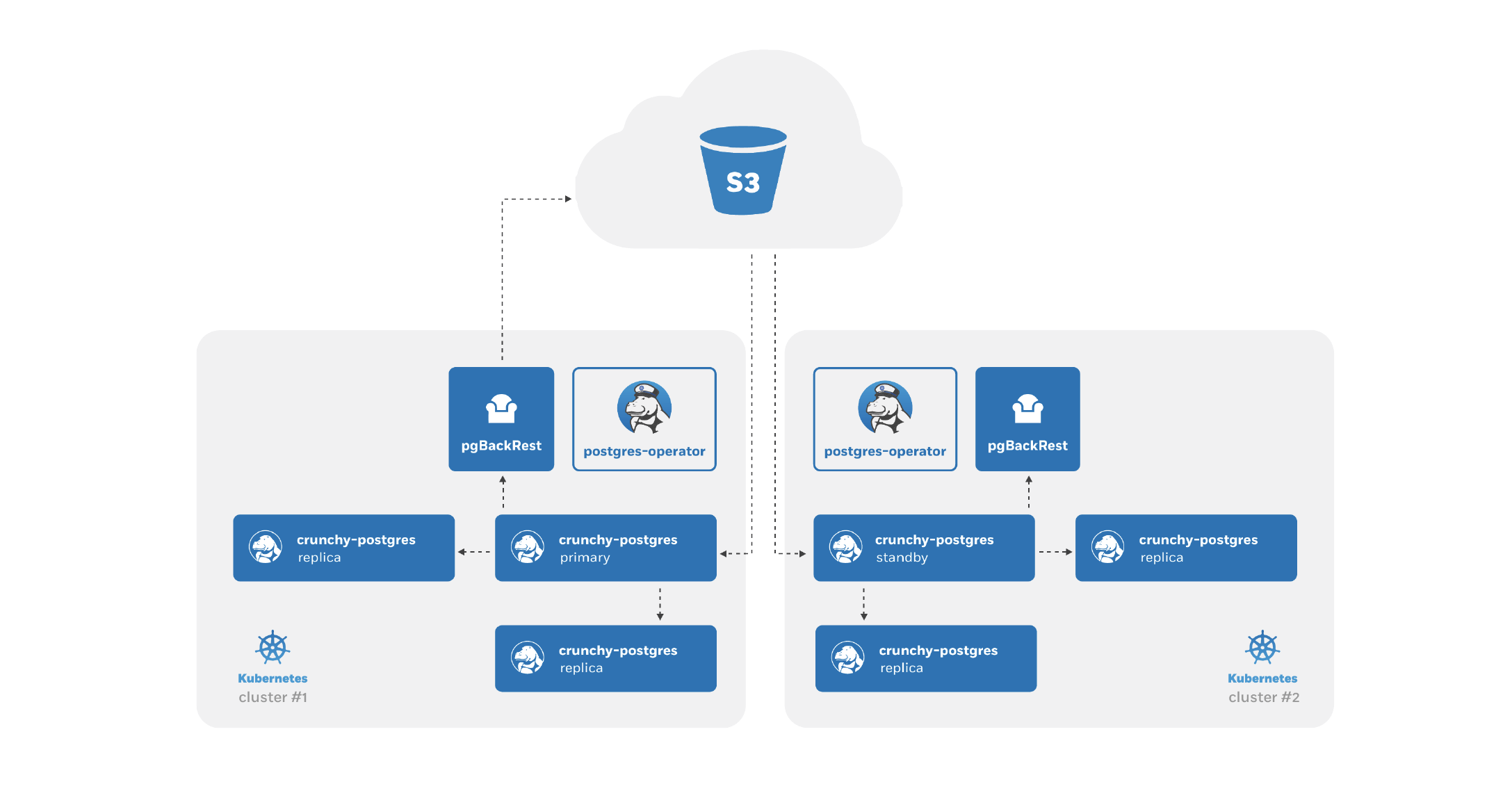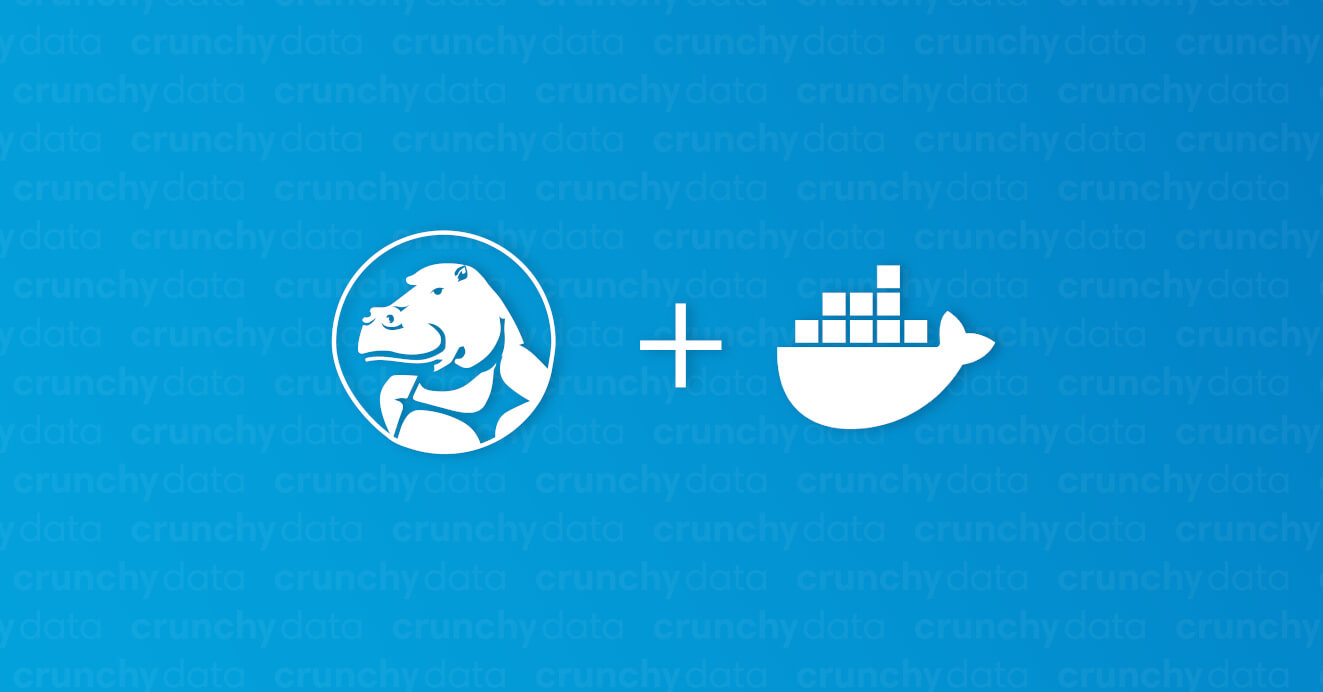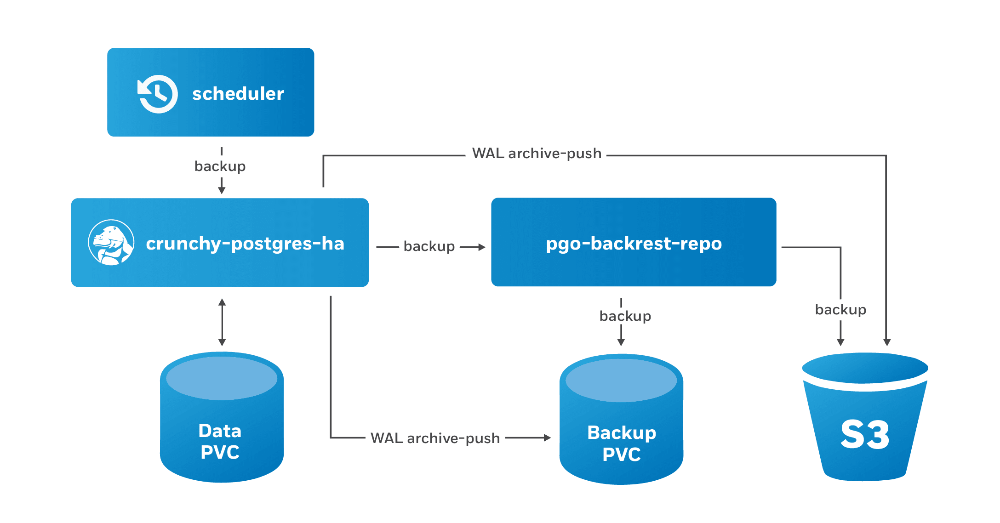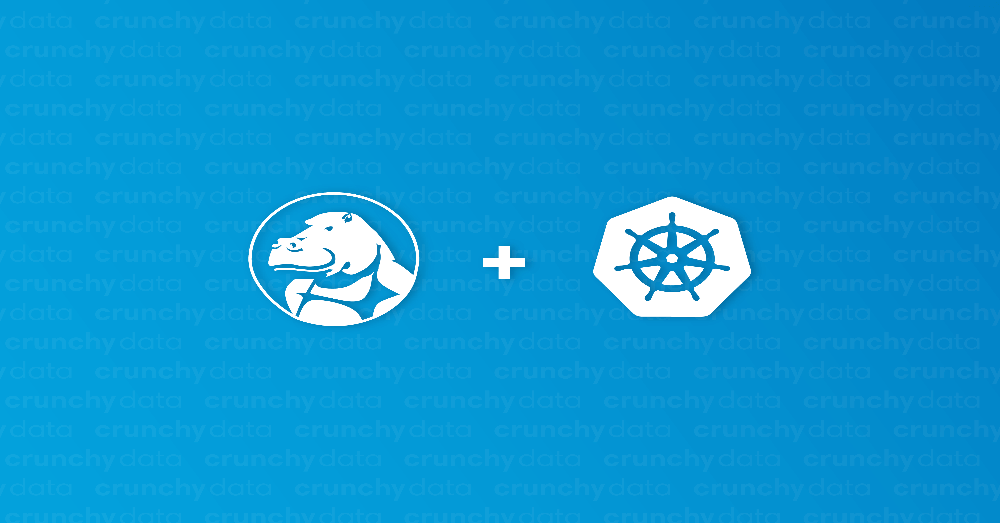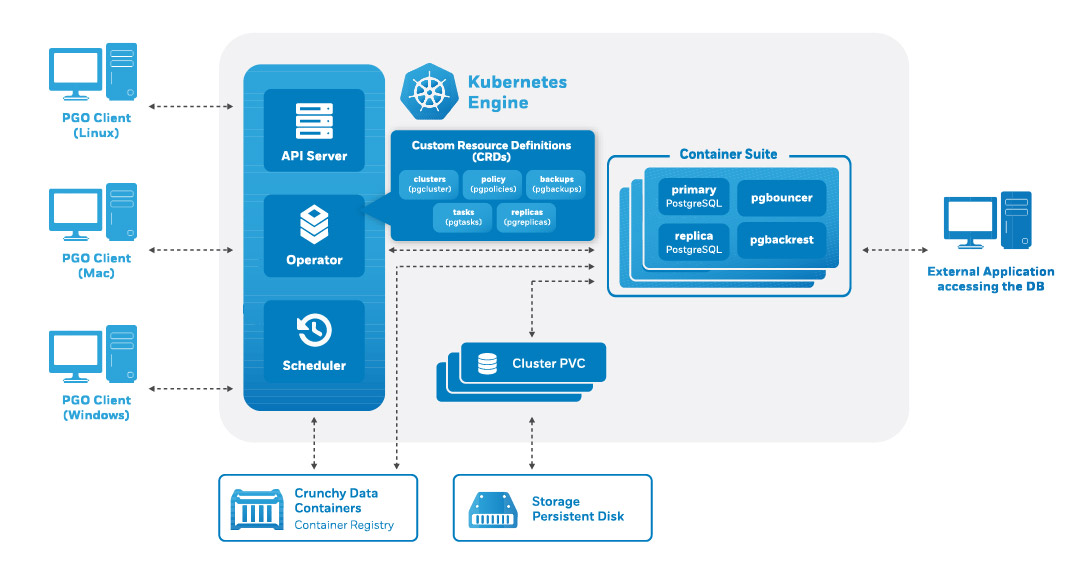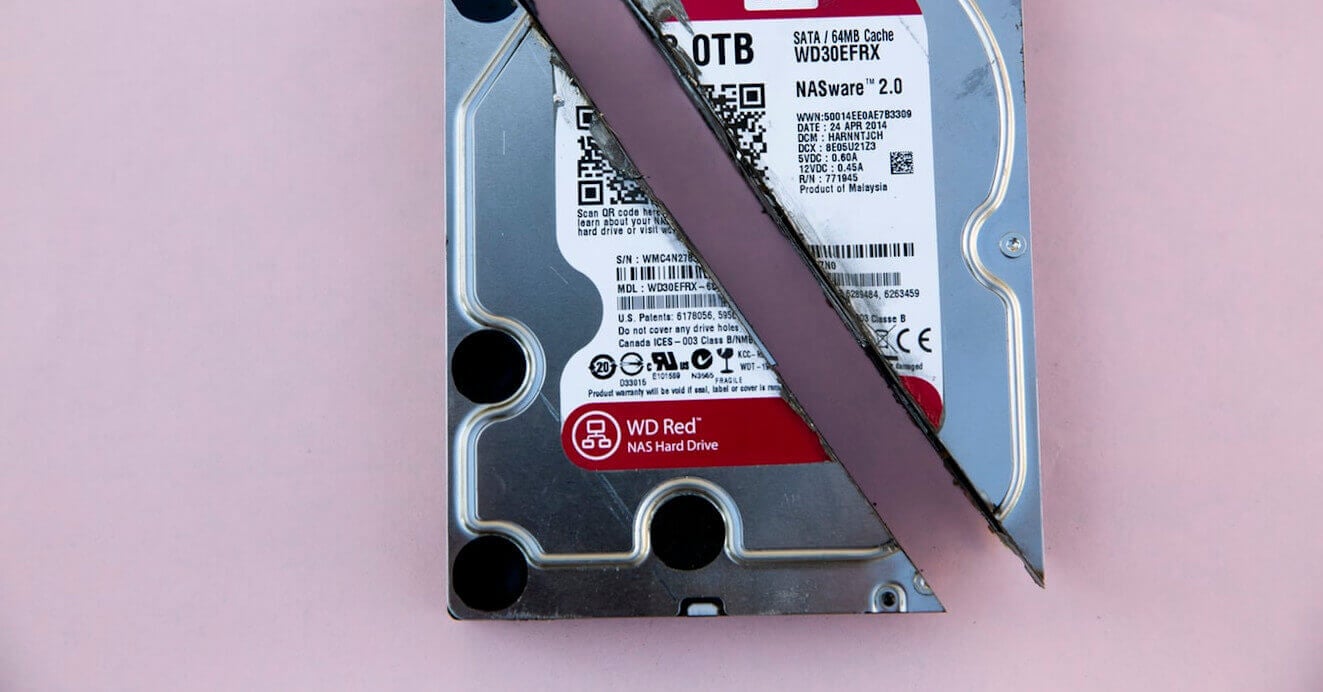Latest posts from Jonathan S. Katz
Deploy PostgreSQL With TLS in Kubernetes
Secure communication for your Postgres clusters in Kubernetes by deploying them with TLS. Learn about the different TLS modes that PostgreSQL offers!
7 min readActive-Active PostgreSQL Federation on Kubernetes
Learn how to deploy an out-of-the-box multi-master PostgreSQL solution to federate your data on Kubernetes with the Postgres Operator.
15 min readPostgreSQL Monitoring for App Developers: Alerts & Troubleshooting
When should you be alerted about issues in your PostgreSQL clusters? How do you troubleshoot them? What are some typical solutions?
10 min readPostgreSQL Monitoring for Application Developers: The DBA Fundamentals
What are some PostgreSQL monitoring stats that are typically used to monitor the health of your databases?
10 min readPostgreSQL Monitoring for Application Developers: The Vitals
What are some of the key stats to look at to ensure your PostgreSQL cluster is healthy? How can you use this stats to diagnose the problem?
9 min readHow to Setup PostgreSQL Monitoring in Kubernetes
Set up turnkey monitoring for PostgreSQL clusters running on Kubernetes using the Postgres Operator!
4 min readHidden Gems of PostgreSQL 13
Which hidden gem features in Postgres 13 can have a big impact?
6 min readWhy PostgreSQL 13 is a Lucky Release
See why PostgreSQL 13 is a lucky release as it adds features like incremental sort, parallel vacuum, and improves performance of B-tree indexes and more!
8 min readHow to SCRAM in Postgres with pgBouncer
Learn how pgBouncer uses SCRAM authentication for PostgreSQL!
6 min readMulti-Kubernetes Cluster PostgreSQL Deployments
Deploy PostgreSQL with a high-availability architecture in multiple Kubernetes clusters.
9 min readEasy PostgreSQL 12 and pgAdmin 4 Setup with Docker
A simple recipe for getting pgAdmin 4 up and running with PostgreSQL 12 using Docker.
8 min readDeploy pgAdmin4 with PostgreSQL on Kubernetes
Deploy pgAdmin 4 with PostgreSQL on Kubernetes with a single command.
5 min readScheduled PostgreSQL Backups and Retention Policies with Kubernetes
Schedule regular PostgreSQL backups and set storage retention with Kubernetes and pgBackRest and the PostgreSQL Operator
5 min readMonitoring PostgreSQL Clusters in Kubernetes
Learn how to monitor an enterprise PostgreSQL database-as-a-service cluster in Kubernetes using the PostgreSQL Operator and pgMonitor.
6 min readCreating a PostgreSQL Cluster with Kubernetes CRDs
Learn how to create PostgreSQL clusters using the Kubernetes custom resource definitions (CRDs) provided by the PostgreSQL Operator.
8 min readJust Upgrade: How PostgreSQL 12 Can Improve Your Performance
Just upgrade and take advantage of performance improvements in PostgreSQL 12.
8 min readCertificate Authentication Recipe for PostgreSQL Docker Containers
Learn how to set up PostgreSQL certificate-based authentication with a simple Docker container recipe.
11 min readHow to Upgrade Your PostgreSQL Passwords to SCRAM
A how to guide for upgrading your PostgreSQL passwords to use SCRAM (SCRAM-SHA-256) for authentication instead of MD5.
7 min readExplaining CVE-2019-10164 + PostgreSQL Security Best Practices
The PostgreSQL Global Development Group provided an out-of-cycle update release for all supported to provide a fix for the CVE-2019-10164 vulnerability. This vulnerability only affects people running PostgreSQL 10, 11 or the 12 beta, and it is effectively remediated by simply upgrading all of your PostgreSQL installations to the latest versions.
5 min readPostgreSQL BRIN Indexes: Big Data Performance With Minimal Storage
A PostgreSQL block range index, or BRIN, can help you to significantly reduce the amount of disk space required for high performance queries on big data.
14 min read
-1.png)

